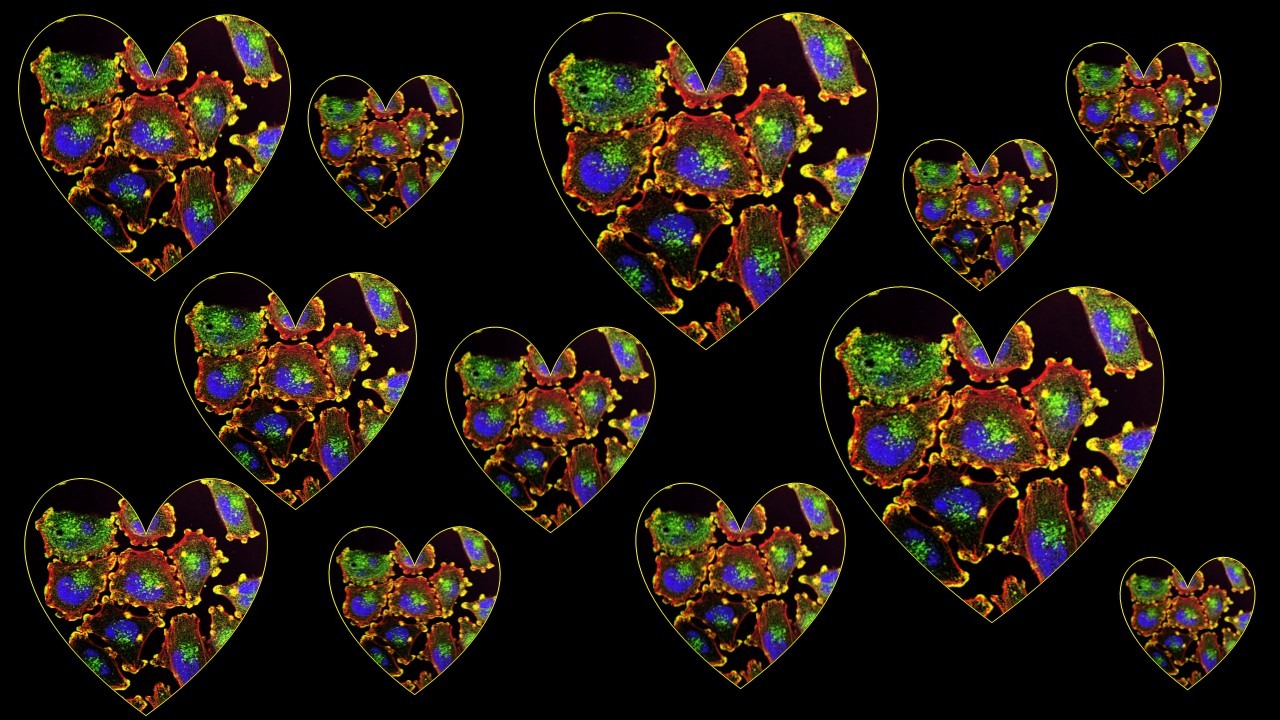
Celebrating the International Week of Science and Peace
Tatiana Charikleia Styliari

The thrill and excitement of this feeling is not only psychological, but it also has a strong effect on our physiology! A research group at the University of California explains how falling in love can be potentially linked to our immune system changes, adding a genetic component to romantic relationships.
There are three main biological changes that are involved when falling for someone:
How can we pinpoint what is the strongest drive of these three? Experimenting, of course!
Researchers took blood samples from 47 ladies in different stages of a romantic relationship: not in love, newly in love, and out of love. The results showed a change in immune cell gene regulation most consistent with reproductive life-history perspectives, which implicate the physiological modulation of DC function to facilitate sexual reproduction. Falling out of love is linked with a reduction in the gene expression of a cytokine, called Interferon I, which is essential in several processes, such as inflammation and immunoregulation. Falling out of love did not decrease DC prevalence or activation. This suggests that even though changes might occur at a genetic-transcriptomic level, the total cell population of a particular group is not affected by social events.

Tatiana Charikleia Styliari

Dorothea Maneta

Christina Seventikidou

Alexandra Bekiaridou